About the Authors
Robert C. Cottrell is professor of History and American Studies at Cal State Chico and has written over twenty books, including Sex, Drugs, and Rock n Roll (Rowman & Littlefield Publishers, 2015).
Blaine T. Browne is Emeritus Professor at Broward College and is the author of numerous articles and books, including Modern American Lives: Individuals and Issues in American History, Lives and Times: Individuals and Issues in American History, and Uncertain Order: The World in the Twentieth Century. He currently teaches at Oklahoma City University.
1968
Published by Rowman & Littlefield
A wholly owned subsidiary of The Rowman & Littlefield Publishing Group, Inc.
4501 Forbes Boulevard, Suite 200, Lanham, Maryland 20706
www.rowman.com
Unit A, Whitacre Mews, 26-34 Stannary Street, London SE11 4AB
Copyright 2018 by Rowman & Littlefield
All rights reserved . No part of this book may be reproduced in any form or by any electronic or mechanical means, including information storage and retrieval systems, without written permission from the publisher, except by a reviewer who may quote passages in a review.
British Library Cataloguing in Publication Information Available
Library of Congress Cataloging-in-Publication Data
Names: Cottrell, Robert C., 1950- author. | Browne, Blaine T. (Blaine Terry) author.
Title: The rise and fall of the new American Revolution / Robert C. Cottrell and Blaine T. Browne.
Description: Lanham, MD : Rowman & Littlefield, [2018] | Includes bibliographical references and index.
Identifiers: LCCN 2017059069 (print) | LCCN 2018015324 (ebook) | ISBN 9781538107768 (Electronic) | ISBN 9781538107751 (cloth : alk. paper)
Subjects: LCSH: United StatesPolitics and government19611963. | Nineteen sixty-eight, A.D. | Protest movementsUnited StatesHistory20th century. | New LeftUnited StatesHistory20th century. | RadicalismUnited StatesHistory20th century. | RevolutionariesUnited StatesHistory20th century. | Political activistsUnited StatesHistory20th century. | Youth movementsUnited StatesHistory20th century. | Social movementsUnited StatesHistory20th century. | United StatesSocial conditions19601980.
Classification: LCC E846 (ebook) | LCC E846 .C67 2018 (print) | DDC 973.923dc23
LC record available at https://lccn.loc.gov/2017059069
 The paper used in this publication meets the minimum requirements of American National Standard for Information SciencesPermanence of Paper for Printed Library Materials, ANSI/NISO Z39.481992.
The paper used in this publication meets the minimum requirements of American National Standard for Information SciencesPermanence of Paper for Printed Library Materials, ANSI/NISO Z39.481992.
Printed in the United States of America
To Americas 68ers
Preface
T he year retains its mythic hold on the imagination in the fashion of few others. Like 1789, 1848, 1871, 1917, 1989, and 2011, it is recalled most of all as the year when revolution beckoned or threatened, depending upon ones perspective. For a time, it seemed as if anything were possible in 1968, that utopian visions could be borne out in the political, cultural, racial, and gender spheres.
Leading adherents of the counterculture appeared ready to join forces with political activists envisioning a new American Revolution. At the top of the year, a small band of individuals calling themselves Yippies , members of the largely nominal Youth International Party, looked ahead to the Democratic Party National Convention in Chicago. In remarkable but obviously paradoxical fashion, they wanted to promote disruption or sabotage, albeit in an anarchistic manner. In the process, they hoped to discredit both the Democratic Party and President Lyndon Baines Johnson, who had been instrumental in bringing about a revolution in American law pertaining to race relations and had helped to usher in the largest expansion of the welfare state since the New Deal. At the same time, LBJ and the countrys leading political organization had been in power when the worst excesses of the postwar Pax Americana unfolded in Vietnam and race riots beset American cities. The Vietnam War enraged the Yippies, led by Abbie Hoffman and Jerry Rubin, as it did so many young people in the United States and across the globe, as well as a growing number of those who had attained the no longer to be trusted generational dividing point of thirty years of age.
Fervent pacifists had their own idea of revolutionary agitation, operating through the Resistance, the group that had make its first appearance only months earlier and called for draft-eligible men to refuse to adhere to Selective Service guidelines. Declining to accept even designation as conscientious objectors, young men like David Harris and Dennis Sweeney hoped that enough of their age cohorts would as well, thus bringing the draft system to a grinding halt. Several well-known figures, both inside and outside the academy, offered full support for the young men who made up the Resistance or followed its lead. That resulted in the Justice Departments decision to conduct the first of the eras conspiracy trials, with the prosecution of Dr. Benjamin Spock, the nations best-known pediatrician, and four other anti-war leaders, for violating the Selective Service Act.
The Johnson administration, which targeted Spock and other members of the so-called Boston Five, obviously feared radical challenges regarding conscription, the waging of the Vietnam War, or the carrying out of domestic policies. Overseas, to the dismay of the Johnson administration, revolutionaries were clearly on the march too, as exemplified by the Tet Offensive that erupted in Vietnam in late January, with 84,000 Vietcong (VC) fighters and North Vietnamese Army (NVA) regular troops seeking to topple the South Vietnamese regime of President Nguyen Van Thieu and Vice President Nguyen Cao Ky. The communist Politburo in Hanoi believed the timing was propitious for the long awaited Final Offensive that would expel US soldiers and reunify the Vietnamese homeland. Images from Vietnam shattered the notion of US invincibility, most notably those of Vietcong guerrillas fighting their way inside the American embassy compound in Saigon and a prominent South Vietnamese police official blowing out the brains of a VC suspect.
Reportage from Vietnam dramatically altered the American political landscape, with President Johnson weakened and practitioners of a New Politics threatening his hold on the White House. Having been turned down by other prominent politicians, most notably Senator Robert F. Kennedy, anti-war activist Allard Lowenstein convinced Senator Eugene McCarthy to undertake a virtually unprecedented bid to wrest the Democratic Party nomination from a sitting president. Tet enabled McCarthy to make an unexpectedly strong showing in the New Hampshire primary, where he came close to pulling in more votes than Johnson while capturing twenty of twenty-four delegates to the national convention. Shortly following McCarthys promising finish, RFK, the former attorney general and the slain presidents younger brother, entered the race, to the chagrin of many young people who were considered part of a Childrens Crusade for McCarthy. Others were enthused, and Kennedy drew large, impassioned crowds, seemingly possessing the ability to harvest support from various sides of the political spectrum and across racial divides. President Johnson, particularly stung by the entrance into the political race of Senator Kennedy, whom he despised and who disliked him every bit as much in return, delivered a nationwide television address in which he discussed opening peace talks and announced his decision not to seek reelection.
As the American political order was shaken up, Dr. Martin Luther King Jr. continued his own crusade to make over his country. The nations leading practitioner of the Social Gospel, who passionately adhered to the ideals of the beloved community and racial democracy while other activists disavowed the nonviolence he preached, King undertook a Poor Peoples Campaign to bring about a measure of economic equality. Long a believer in the need for democratic socialism, he began to voice radical precepts more directly and publicly. Considering the Vietnam War an abomination that prevented a genuine War on Poverty at home, King also became one of the most eloquent spokespeople condemning the horrors being inflicted on a small Southeast Asian land. To the dismay of the Johnson administration, he added his name to the ranks of those openly criticizing US engagement, particularly lauding the young men who made up the Resistance. While displaying more radical stances, King suffered criticism from within the Establishment and the Movement alike, along with constant death threats. In the final several weeks of his life, he gave voice to premonitions about his impending demise, while refusing to temper his radical, even revolutionary messages.


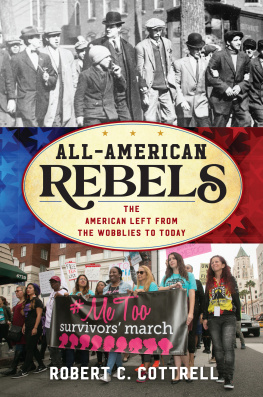
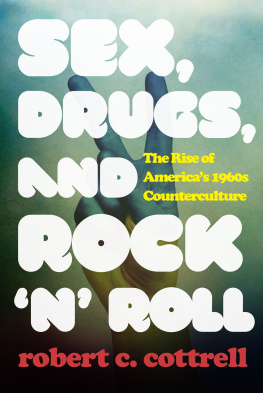
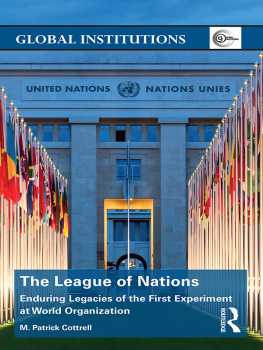



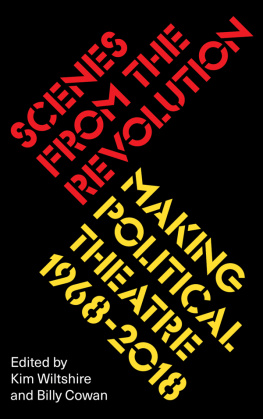
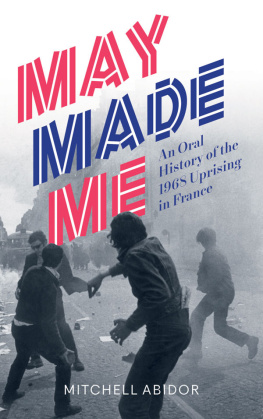
 The paper used in this publication meets the minimum requirements of American National Standard for Information SciencesPermanence of Paper for Printed Library Materials, ANSI/NISO Z39.481992.
The paper used in this publication meets the minimum requirements of American National Standard for Information SciencesPermanence of Paper for Printed Library Materials, ANSI/NISO Z39.481992.